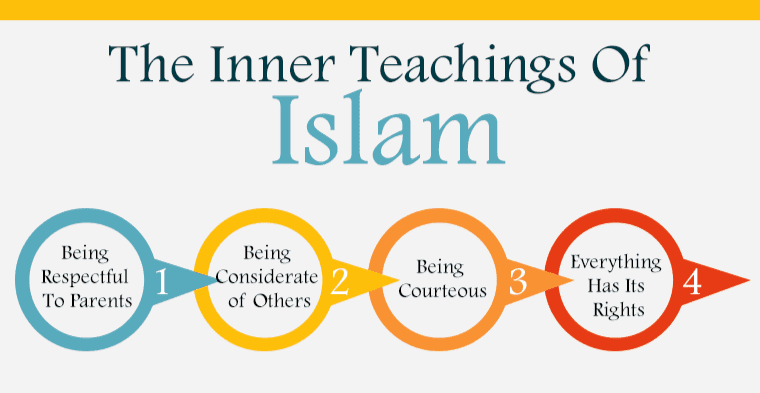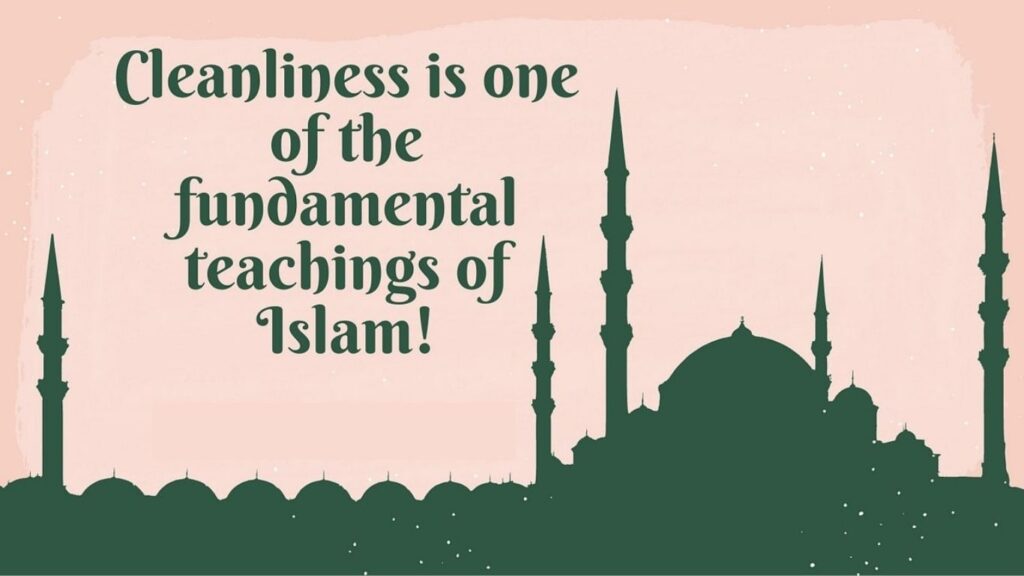Islamic Wisdom: Solving Today’s Chaos with Timeless Values -2025

Islamic Wisdom for a Better World Today
Islamic Wisdom, as a comprehensive way of life, offers timeless guidance applicable to every era, including today’s complex and rapidly evolving world. The teachings of Islamic Wisdom promote peace, justice, social harmony, and ethical conduct, which can address many modern challenges. By applying key Islamic Wisdom principles in contemporary society, individuals and communities can create a more just, compassionate, and balanced world.
1. Justice and Fairness (Adl)
One of the core tenets of Islamic Wisdom is justice. The Quran states: “Indeed, Allah commands you to render trusts to whom they are due and when you judge between people to judge with justice…” (Quran 4:58). Justice is not just a legal or political concept but a personal and social duty.
In today’s world, economic disparity, discrimination, and oppression are prevalent. Applying the principle of justice means ensuring equal opportunities, fairness in business transactions, and standing against all forms of exploitation. Governments, corporations, and individuals can uphold justice by promoting transparency, fair wages, and equitable treatment of all people, regardless of their background.
2. Compassion and Mercy (Rahma)
The Prophet Muhammad (peace be upon him) was known for his compassion and mercy, as highlighted in the Quran: “And We have not sent you, [O Muhammad], except as a mercy to the worlds.” (Quran 21:107).
Modern society often struggles with individualism and neglect of the vulnerable. Islamic Wisdom encourages looking after the less fortunate, including orphans, the poor, and the elderly. Today, this principle can be applied by engaging in charitable work, supporting humanitarian efforts, and ensuring that social policies protect the weak and marginalized.
3. Honesty and Integrity (Amanah and Sidq)
Honesty is a fundamental Islamic Wisdom value. The Prophet Muhammad (peace be upon him) said: “The signs of a hypocrite are three: when he speaks, he lies; when he makes a promise, he breaks it; and when he is entrusted with something, he betrays that trust.” (Sahih al-Bukhari).
In an age where misinformation, corruption, and unethical business practices are rampant, honesty must be upheld in all aspects of life. From politics to social media, promoting truthfulness can lead to more trustworthy institutions and a more informed public.
4. Environmental Stewardship (Khilafah)
Islamic Wisdom emphasizes the importance of protecting the environment. The Quran states: “And do not waste [resources] excessively. Indeed, He does not like the wasteful.” (Quran 6:141).
Today, environmental degradation, climate change, and pollution threaten the planet. Islamic Wisdom encourages sustainable living, conservation of resources, and responsible consumption. By adopting eco-friendly habits, reducing waste, and supporting green initiatives, individuals can fulfill their duty as caretakers of the Earth.
5. Seeking Knowledge (Ilm)
Islamic Wisdom places great emphasis on education and continuous learning. The Prophet Muhammad (peace be upon him) said: “Seeking knowledge is an obligation upon every Muslim.” (Sunan Ibn Majah).
In the modern era, misinformation and ignorance contribute to societal problems. Encouraging education, scientific advancements, and intellectual growth can help societies progress. Whether in science, technology, or social sciences, knowledge should be used to serve humanity and solve pressing global issues.
6. Kindness and Respect in Relationships
Islamic Wisdom teaches that relationships should be based on kindness and respect. The Quran advises: “And live with them in kindness…” (Quran 4:19) regarding spouses, and “And lower to them the wing of humility out of mercy…” (Quran 17:24) regarding parents.
With increasing family disputes, domestic violence, and lack of respect for elders, society needs to revive these teachings. Strengthening family bonds, promoting gender equality with respect, and ensuring the rights of both men and women can lead to healthier communities.
7. Social Responsibility and Community Service
Islamic Wisdom promotes collective well-being and encourages Muslims to engage in community service. The Prophet Muhammad (peace be upon him) said: “The best of people are those who bring the most benefit to others.” (Al-Mu’jam al-Awsat).
In today’s world, this can translate into volunteering, social activism, and advocating for justice. Whether through feeding the hungry, helping refugees, or supporting mental health initiatives, contributing to society aligns with Islamic Wisdom.
8. Moderation and Balance (Wasatiyyah)
Islamic Wisdom encourages a balanced life, avoiding extremes in any aspect. The Quran describes Muslims as “a just and balanced nation” (Quran 2:143).
In a world of excess, where materialism and consumerism dominate, living a balanced life can lead to greater peace and fulfillment. Practicing moderation in spending, lifestyle, and even religious beliefs fosters stability and harmony in both personal and societal spheres.
9. Forgiveness and Reconciliation
Forgiveness is a central value in Islamic Wisdom. The Quran says: “But if you pardon and overlook and forgive – then indeed, Allah is Forgiving and Merciful.” (Quran 64:14).
Today’s world is rife with conflict, grudges, and divisions. By practicing forgiveness, individuals and nations can move past differences, heal wounds, and work toward peace and unity.
Conclusion
Islamic Wisdom offers profound wisdom that can be applied to modern life for the betterment of individuals and society. Justice, compassion, honesty, environmental care, knowledge, respect, community service, balance, and forgiveness are principles that transcend time and geography. If implemented in daily life, these values can create a more ethical, peaceful, and sustainable world for all.
By returning to these fundamental Islamic Wisdom teachings, humanity can navigate contemporary challenges while upholding morality and social harmony. The timeless principles of Islamic Wisdom are not just for Muslims; they are universal guidelines that can contribute to a better world for everyone.
For more blogs The Rise of Islam: A Revolutionary Faith That Changed the World -2025

